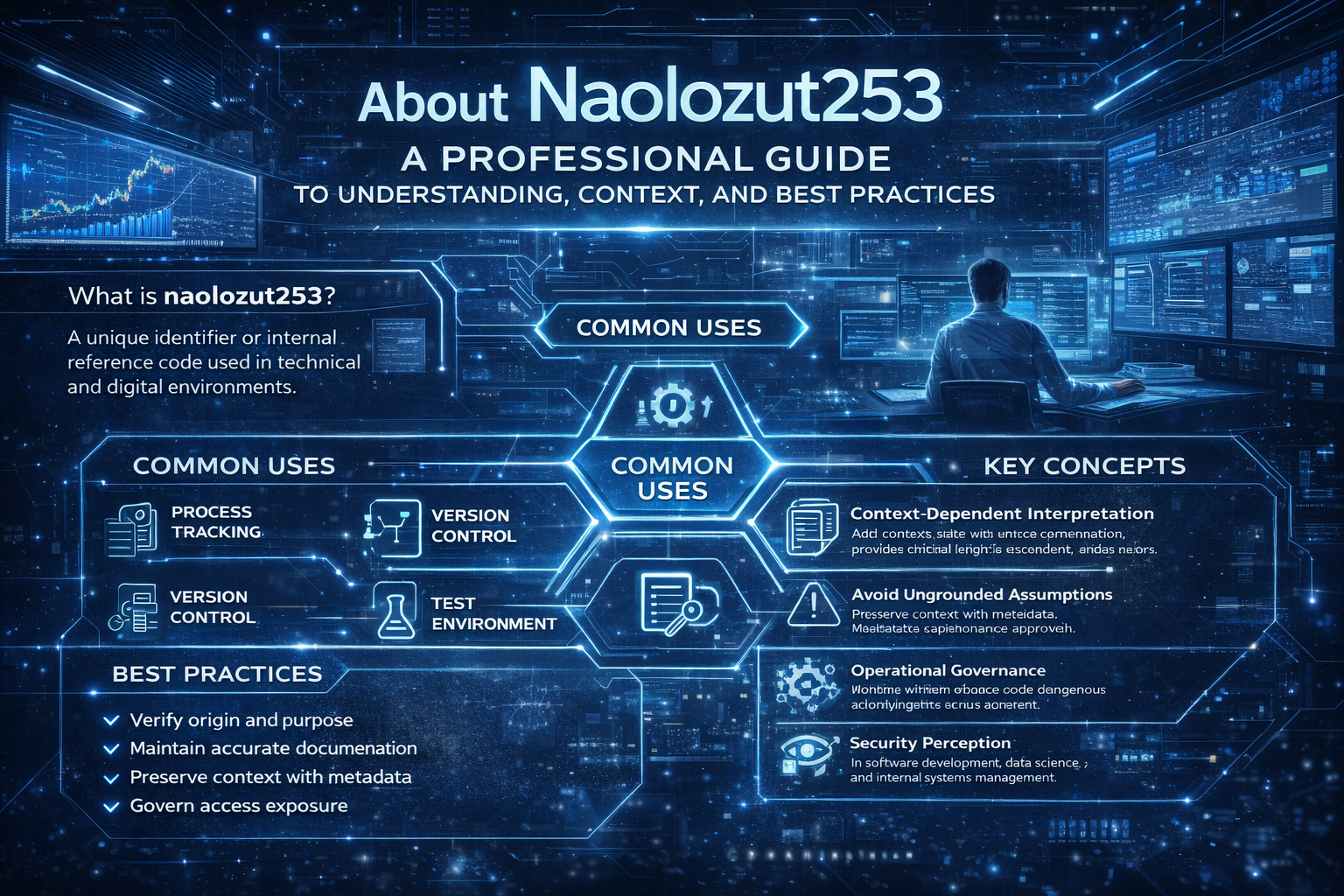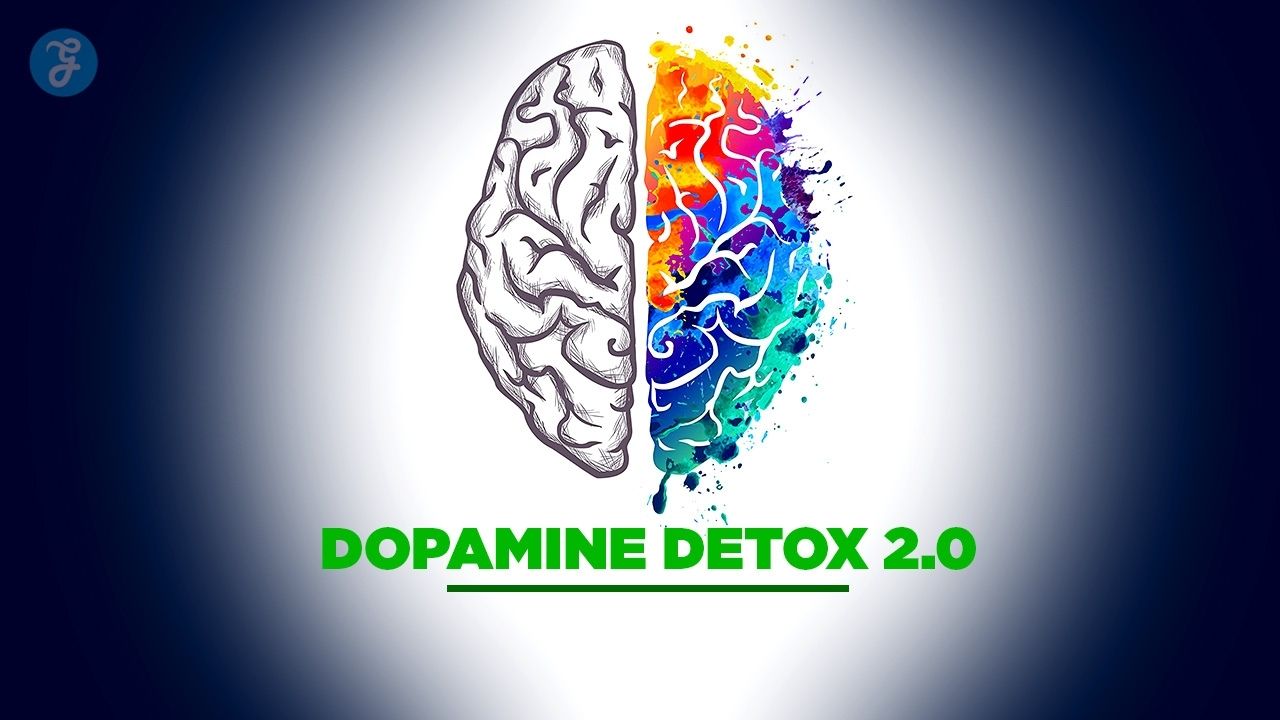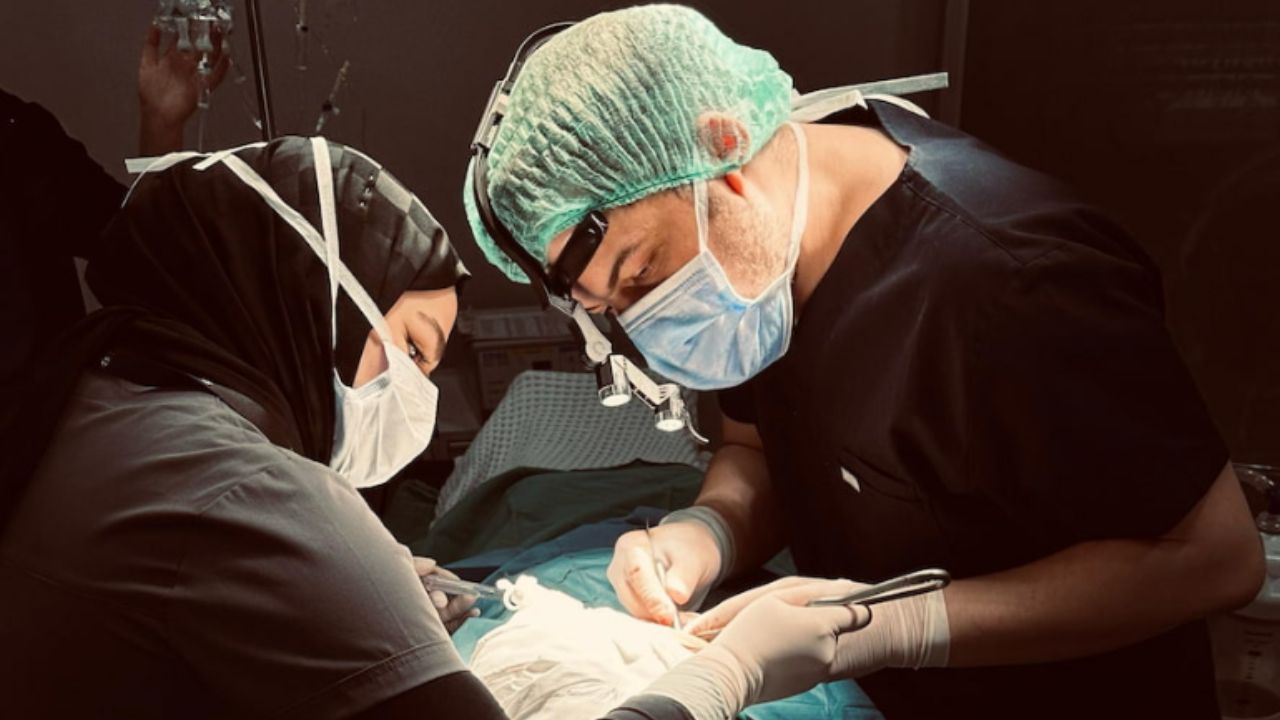As people strive for longer, healthier lives, the pursuit of longevity has naturally gained momentum. Which is why the world took notice when Reid Hoffman, co-founder of LinkedIn, recently unveiled Manas AI, a new start-up leveraging artificial intelligence (AI) to uncover treatments for some of the world’s most aggressive cancers.
Amid these valiant efforts, cyber security experts such as Rotem Farkash have noted how this focus on AI presents an opportunity to place greater importance on patient data security.
Traditionally, the development of new drugs has been a prohibitively expensive and time-consuming process, with some costing billions of dollars for a single medication, according to a recent Deloitte report.
As a result, Manas AI seeks to lower the cost of research using AI. The considerable possibilities of the company have not escaped eagle-eyed investors, with Manas AI raising a staggering $24.6m to date. Since its launch, five prospective partners have already approached the company to work together.
For a while now Hoffman has had a keen eye for the emerging technology, having been an early investor in OpenAI when it was still a nonprofit, and having helped start ‘Inflection AI’ along with DeepMind co-founder, Mustafa Suleyman.
The adoption of AI in healthcare enables more targeted treatments and shifts the sector towards treatments which are personalised, predictive, preventative and participatory – what Deloitte calls the ‘4P’s’.
As a result of this significant potential, we are witnessing a global push to utilise AI for medical research and treatments, as the technology is carving a major role in the way we process healthcare data, diagnose diseases, develop treatments.
AI is already being used for a wide range of innovative purposes. In February this year, the UK’s NHS announced a breast cancer screening AI trial which includes nearly 700,000 women. Set to begin in April, the trial will test whether the technology can speed up diagnosis as well as free up radiologists.
Within the NHS, oncological research is not the only field that is benefitting from AI. In the cardiology department, Heartflow’s AI technology analyses CT scans of patients who are suspected of having coronary heart disease and creates a personalised 3D model of the heart which shows how blood is flowing around it. The use of Heartflow cuts costs compared to the standard angiogram procedure – by a quarter according to some reports – and helps doctors identify where blood flow is disrupted by blockages.
This phenomenon is not limited to Europe. The Asian healthcare market is increasingly turning to AI. Following the success of AstraZeneca’s pioneering AI Screening Project to enhance early disease detection, the medical giant’s Thai branch recently announced its expansion to include heart failure screening.
Speaking on the role that recent advancements can have in healthcare, Dr Mona Flores, head of medical AI at NVIDIA says ‘AI is a support and augmentation tool and it’s up to us to harness its power for the good’.
This sentiment is echoed by the entrepreneurial community. Cybersecurity expert, Rotem Farkash, further adds that ‘while the potential for AI in healthcare is being realised, healthcare professionals must incorporate robust and secure security frameworks to safeguard against malicious attacks’.
The importance of maintaining secure networks to protect patient data cannot be understated. Farkash argues that as the world becomes digitised, and therefore more reliant on online data storage, healthcare systems become prime targets for malicious cyberattacks.
This coincides with the increasing value of patient’s data which, once stolen, can be sold online for considerable profit. Adding to this vulnerability, the healthcare industry often uses outdated systems and devices which do not have adequate levels of security.
According to recent reports, more than a million medical records were stolen from Community Health Centre, a Connecticut-based healthcare provider. While the US medical company was quick to stop the hacker’s access within hours, mitigating further damage, the scale of the hack reiterates the importance of maintaining robust security frameworks.
Safeguarding medical data is more than just a compliance requirement—it’s essential, particularly as AI-driven research, like that of Manas AI, continues to progress. Through Manas AI, Hoffman and Mukherjee are paving the way for AI-assisted cancer research, which will hopefully lead to a bright future not just for oncology, but the entire field of medical research. As they set out on this quest, the cybersecurity of such endeavours shouldn’t be overlooked.







































